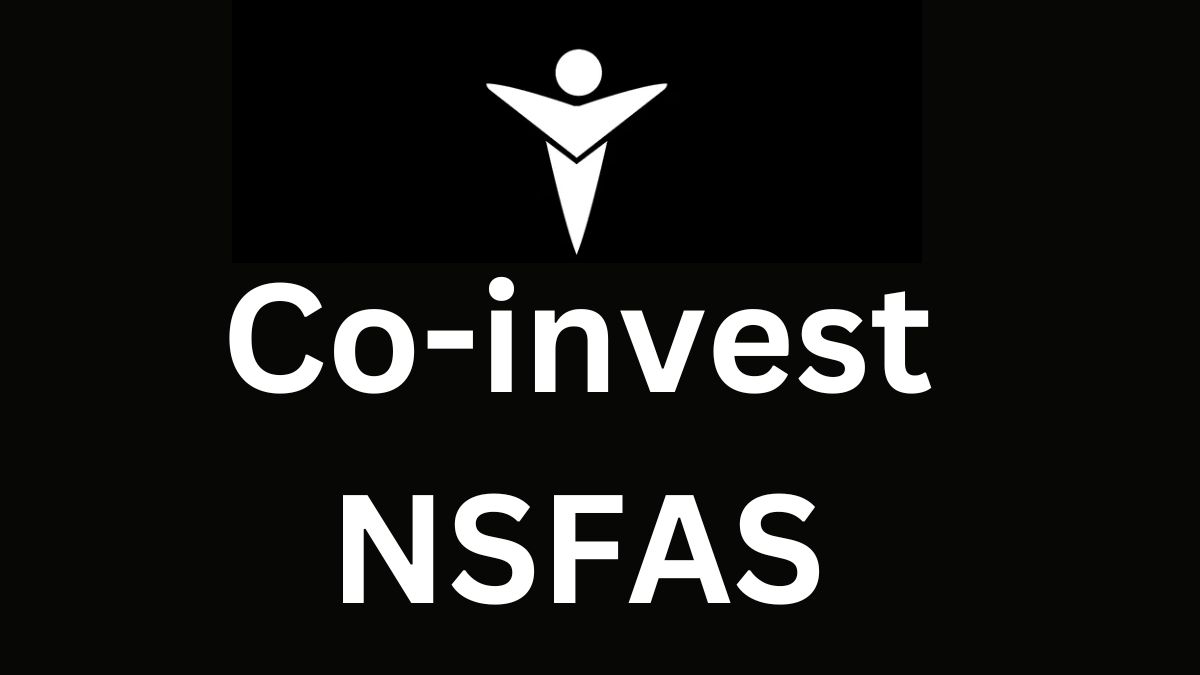It’s survival of the fittest in the startup sector. According to a survey conducted by the Small Business Administration Office of Advocacy, just half of the small businesses survive five years, and only one-third survive ten years. One of the main reasons companies fail within the first few years is a lack of finance, so mastering the ins and outs of raising funds and marketing your firm will help assure its success. So are you the one eager to know about the tips to raise startup capital? If so, you’re on the right page. This blog is specially tailored by the top-notch consultant William Rosellini to help you out. Ensure that you read it carefully. Let’s begin.
What is meant by startup capital?
According to William Rosellini, startup capital is the money used to launch a firm that is raised through investments or bank loans. This money may be used for anything relating to a company, including product creation and manufacture, as well as marketing campaigns and office equipment.
What are the different types of startup fundraising rounds?
A startup fundraising round is a series of investments used to obtain funds for a new company. Each fundraising round acts as a stepping stone toward greater expansion when a business grows and becomes successful.
What are the various rounds of startup funding?
The typical funding round starts with a pre-seed and/or seed round and then goes through Series A, B, C, and beyond. A financing round might take anything from three months to over a year, depending on the sector and investors. The interval between each cycle might be anywhere from six months to a year. Investors, generally angel investors or venture capital companies, provide funds in exchange for a share in the business.
-
Seed-stage Funding
Pre-seed investment happens early in the life of a business when the founders often put their own money into it. During the pre-seed phase, when the business founders are attempting to get their concept off the ground, family and friends can help. After that, there is a seed funding round.
-
Early-stage Funding
Then there are financing rounds A through C. (or in some cases, A through D). Round A is more interested in firms with a viable business strategy that can generate quick revenue. Investors seek a high rate of return on their investment (ROI). In Round A, businesses must have a plan in place for receiving funding and translating it into long-term growth.
-
Late-stage Funding
When a startup advances to Funding Round C and/or D, it intends to expand at a faster pace. These businesses are now very successful, with a market capitalization of at least $100 million and an investment of at least $50 million. Round C often denotes a startup’s desire to increase its success by developing new products, acquiring firms, or expanding its presence – whether in a new market or region.
How to Make a Pitch to Investors
A compelling pitch is critical to a startup’s ability to raise money through investment rounds. The biggest motivator for investors to finance your firm is having a strong sales pitch. You must have a deep grasp of your company, goods, and services before you can build your pitch presentation. Be ready to respond to any inquiries that may arise. You should also be familiar with your industry and what distinguishes your company from its rivals. Also, William Rosellini has given some amazing tips to nail your investor pitch. Let’s see what are these tips:
William Rosellini Tips to Nail Investor Pitch
- Keep your presentation to a maximum of 10 slides and a time limit of 20 minutes. Overcrowding a presentation is a typical error committed during a sales pitch. On each presentation, limit yourself to three bullet points or a single visual.
- Make each argument brief, and if required, give detailed facts such as financial predictions and a future growth prognosis.
- In the first 30 seconds of your pitch, establish your goal clearly. You’ll want to explain to potential investors why they should invest in your firm and how their money will help it grow.
- For your sales pitch, use the inverted pyramid approach. Begin with your overall goal and then add actions, specifics, and proof to back up your statements.
- Use narrative to distinguish your pitch and give your business a more personal feel while cultivating investor chemistry.
- If at all feasible, include testimonials or real-life instances.
- Make a call to action at the end of your presentation to inspire potential investors to take the next step.
- Include a question-and-answer section at the end of your presentation so that potential investors may ask you any questions they have about your company.
Now as if you know how to pitch an investor, let’s move on to see how to find the right investor that meets your business requirements.
How do you go about finding suitable investors?
As per William Rosellini, before seeking money, it’s critical for a business founder or CEO to understand the many sorts of investors accessible. If you desire more control over your firm, crowdfunding and SBA microloans or microlenders may be the best options. Venture capitalists, angel investors, and private equity companies, on the other hand, are more suited to your demands if you need a larger quantity of money. Before making a pitch, make a list of potential investors to guarantee you acquire the funding that best meets your needs. The types of investors whom you can pitch include:
- Venture capitalists
- Angel investors
- Private equity
- Crowdfunding
- SBA microloans and microlenders
Conclusion
Starting a business is a risk. Entrepreneurs who obtain investors, on the other hand, are the ones that succeed amid a sea of competition. Your business might be one of the lucky few that survives by concentrating on the correct sort of investor, polishing your sales presentation, and pursuing several funding rounds. In case, you need more advice, you can visit William Rosellini’s official website. William is an expert life science consultant providing the best advice for strategic planning, capital funding, and a lot more. Get in touch!
click here for more information.









